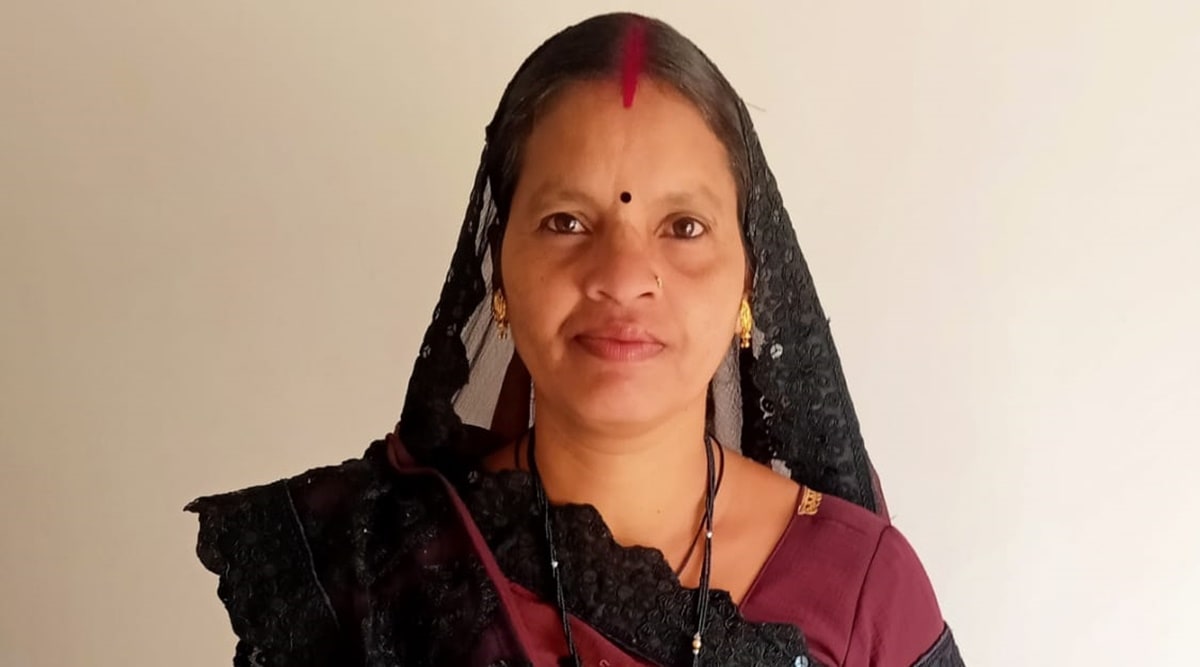How a tribal woman helped her community in a Chhattisgarh village during Covid-19
The challenge was to keep the services on for the community without putting them at an increased risk of getting infected.
The challenge was to keep the services on for the community without putting them at an increased risk of getting infected.

New Delhi: It was in 2001 when a timid and shy Bhagwatee Porte, who lives in Karpiha village of Chhattisgarh, joined JSS on the advice of her husband, mother-in-law and the elders of her village. Today, the 47-year-old beams with pride as everyone in the village knows her.
“Iss gaon mein keval ek bahu bankar aaye the, lekin ab swasthya karyakarta hain aur humari pure gaon, saare bache-badon mein pehchan hai (I came to this village as a daughter-in-law but now I am a health worker and everyone in the village – old or young – knows me),” she says.
JSS is a registered, non-profit society of health professionals running low-cost health programmes in tribal and rural areas of Bilaspur, Chhattisgarh. In 2020, when the Covid pandemic first hit the country, it brought several challenges for frontline workers like Bhagwatee. During the second wave, between April and May 2021, the healthcare system and health workers were under unprecedented pressure. At least one or two members in each household of Karphia village were experiencing Covid symptoms during this period.
It was during this time that the JSS had to modify guidelines and activities of its village health programme. The situation demanded quick decisions, simultaneous learning and implementation of those learnings.
The challenge was to keep the services on for the community without putting them at an increased risk of getting infected. To overcome this, JSS came up with a fresh set of guidelines according to which they trained the village health workers to help contain the spread of the virus.
Door-to-door visits, creating awareness among villagers
Porte then started going door-to-door, keeping track of each household and people who were experiencing Covid symptoms. During her visits, she observed that people would often hide their symptoms. She would monitor symptomatic people with a protocol and tracker — designed by JSS — to detect fever, cough and/or coryza. Those with high fever were required to be monitored for at least two weeks.
During this time, despite getting the first dose of the Covid vaccine, Bhagwatee too got infected with the virus and so did both her sons, she told The Indian Express. However, all of them recovered after isolating for around two weeks.
Bhagwatee recalls the time when the infection was at its peak. She says she was working for longer hours and initially faced a lot of difficulty in striking a balance between work and home. However, she adds, she was able to manage both with the support of her husband and mother-in-law.
JSS describes Bhagwatee as a “bold and determined tribal village woman”. Her spirit of community work kept her confidence alive, which helped her continue to shoulder her responsibilities without fear.
Her active efforts helped in creating awareness about Covid-19 among villagers, helping prevent severe cases and even deaths. As a village health worker, Porte says she knows every villagers’ name, age, health conditions, etc. With the Covid crisis waning, she has now taken up a fresh task of monitoring blood pressure, glucose levels of people as she continues to serve her village community.